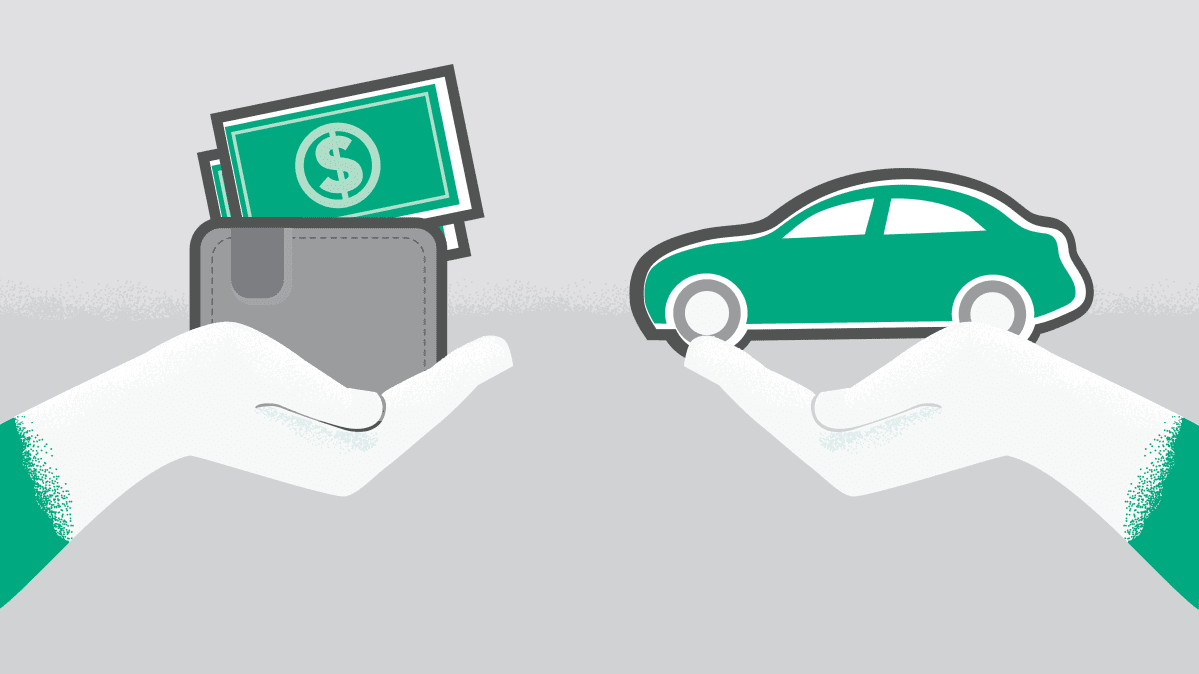
Joey Prince, who owns an auto detailing business near Las Vegas, says that he and his wife saw their income go to zero as the coronavirus pandemic prompted governors around the country to issue stay-at-home orders.
The family has three cars financed through different lenders, and although the lenders did not approach Prince with deferment options, they were helpful when he requested relief. They each offered him several months of payment deferments.
“We decided to take the deferment, but we’re making interest-only payments to keep the overall balance from increasing,” he told Consumer Reports. “That way we can put the extra money toward food and other necessities.”
The pandemic, which quickly put the brakes on the U.S. economy, has left many families like the Princes suddenly short on income. Automakers and their financing companies already have begun offering options to those customers, including payment deferrals and late-fee waivers on existing financing. In some cases, they’re even dangling deferred first payments on new vehicles in front of prospective customers.
What to Do
If you have a loan or lease that you’re having trouble paying right now, call your bank or leasing company and try to negotiate an accommodation.
• For a traditional car loan, ask for a deferment. Most institutions are approaching this on a case-by-case basis, and they’re generally working with customers affected by the pandemic, our reporting has found. Keep in mind that you will still owe the money, and the interest will continue to accrue, so the sooner you can get back to paying, the better. A slow economy can be bad for used car sales, too, which means selling your car may get you less than what you owe on it.
“Nobody wants anyone to default on their car loan,” says Stephanie Brinley, an analyst at IHS Markit, a firm that tracks the automotive industry. “It's not good for the automaker. It’s not good for the lender. It’s not good for the customer.”
• For a leased vehicle, a deferment means extra months of payment (and not necessarily extra mileage). It can be very difficult to get out of a lease, although lease transfers—getting someone else to assume the lease—are possible. But it could be difficult to find a recipient during an economic downturn. Some companies, such as Swap-a-Lease, work to match prospective customers interested in taking over leases from financially stressed leaseholders.
According to data compiled by IHS Markit, car sales in the U.S. were down 38 percent in March. The firm’s analysts predict that April will be worse, with not much relief before the beginning of May. Consumer confidence will be a determining factor in how fast people start buying cars again once the shelter-in-place orders have been rescinded.
Check for Specific Offers
Not everyone’s circumstances will be the same, and each financing company has a different way of helping customers.
GM Financial, for example, is waiving late fees incurred between March 1 and April 30, and advising customers that it’s better to make payments behind schedule and avoid racking up interest on a loan by taking a deferment. Kia Motors Finance is allowing up to 90 days of payment deferment. Automakers from Honda to Lexus have offered to assess potential deferrals and payment extensions on a case-by-case basis.
Naturally, it’s up to the car owner or lessee responsible for paying the note to reach out to their lender if there’s a problem making payments. That’s not only because everyone’s individual circumstances vary but also because automakers and their financing companies are updating their policies often as the COVID-19 lockdown continues to force broader economic changes around the country.
“The shelter-in-place for COVID-19 is unprecedented, so the entire industry is trying to work through it the best they can,” Brinley says. “There’s been a tremendous level of effort to help customers.”
Leases Are Hard to Exit Early
Lease servicing companies have been accommodating about offering lease extensions to existing customers who don’t want to expose themselves to infection by going out to drop off a car. Also, many of the dealerships where consumers would typically return vehicles are closed or operating with skeleton crews. The luxury brands, Brinley says, have tended to offer longer-term lease extensions so far.
But getting out of a lease early for financial reasons can be challenging, according to TrueCar. Anyone entered into a contract is on the hook to finish making payments until the end of the term, although companies like Swap-a-Lease help people offload their leases.
“In this market, it’s likely that you’d have trouble selling your car privately or through lease swap services, and the value you’d get from a dealer might be lower, too, since they’d have trouble unloading it,” says Alain Nana-Sinkam, TrueCar’s vice president of strategic initiatives.
Deferments Are for Buyers, Too
On the sales side, automakers have been touting preemptive forbearance programs for people buying or leasing new cars now. Hyundai brought back its assurance program—first introduced during the dark days of the Great Recession. The program provides up to six months of payment relief for customers who bought Hyundai vehicles between March 14 and April 30, if they lose their jobs over the next year.
Prognostications from economists for a recession and how long one might last vary greatly. Even so, the prospect of potentially losing one’s job in a few months as the economy continues to contract is nerve-wracking, particularly to someone who just bought or leased a new vehicle.
“As we come out of shelter-in-place and start coming out of our shells and getting back to business, I would expect some of the automakers’ programs to continue for a little while,” Brinley says. “The customer gets that little bit of confidence that if something goes wrong, the automaker will work with them and their credit won’t be destroyed.”
And helping customers having financial trouble now is more likely to help automakers later by fostering loyalty.
“In the immediate term, it’s helping customers,” Brinley says. “In the long term, people are going to remember that.”
















